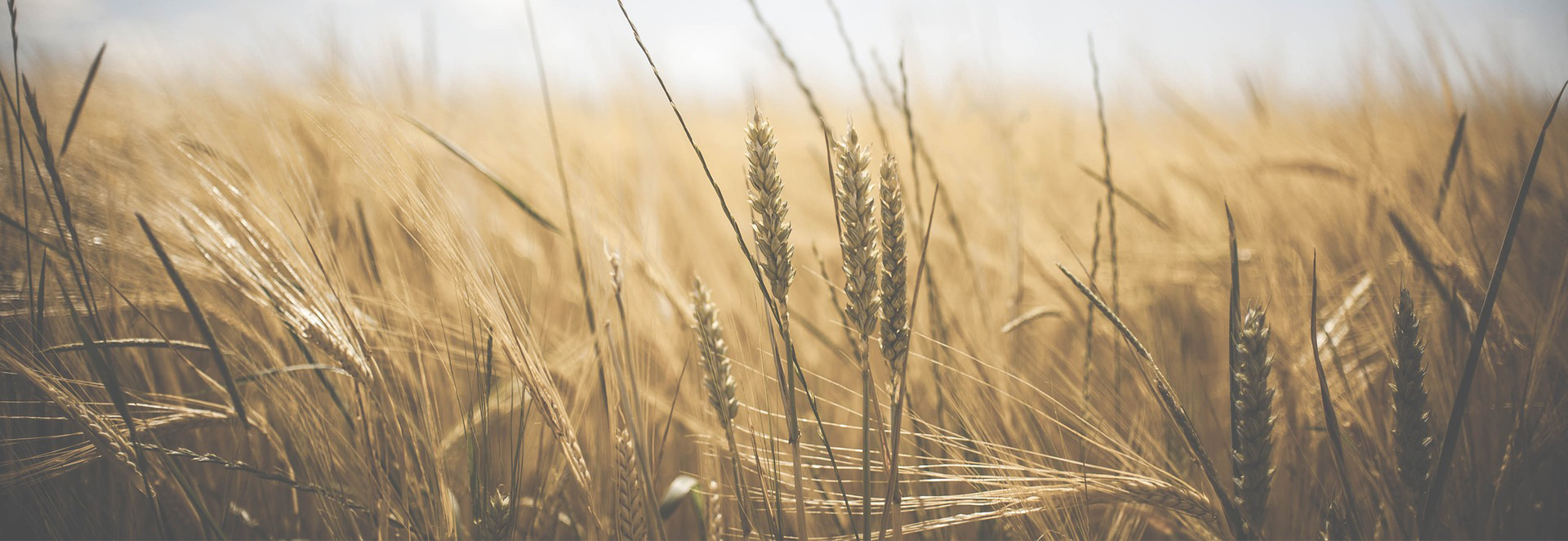
Water belly is a condition caused by stones that block the urethra in cattle and other animals. These stones or “urinary calculi” may cause partial or complete blockage of the passageway by which urine is excreted from the urinary bladder. Usually, water belly occurs in steers before puberty, but may occasionally be a problem in bulls or rarely in heifers. If the blockage of the urethra is complete, then urine cannot escape from the bladder, causing it to rupture, releasing the urine into the abdomen. In feedlot animals, urine can leak into the belly from a partially ruptured penis. Hence, the term water belly refers to the buildup of urine in the belly of the animal. The rupture of the bladder will relieve the pain in the animal, however, it will lead to toxemia; and the animal will die within about 48 hours.
The urinary calculi result from mineral deposits that form in the bladder, as opposed to kidney stones in humans, which form in the kidneys. Urinary calculi cause problems when they block the urethra as they are being voided in the urine. This urethral blockage causes frequent attempts to urinate. Little or no urine is passed, and it often will contain blood. Other symptoms include:
The cause of urinary calculi is a result of nutritional imbalance and/or improper management. Affected animals have alkaline urine with high phosphorus content. In feedlot cattle, high-grain diets result in a high phosphorus intake. The phosphorus along with mucoproteins form stones in alkaline pH urine. These are usually soft stones, composed of calcium, magnesium and ammonium phosphates.
However, in pasture and rangeland animals, the stones are caused by the intake of silicates that are present in plants or water. These calculi form in the presence of mucoproteins in the bladder under acidic or low pH urine. These stones are hard, stony calculi.
Prevention of the formation of urinary calculi depends on balanced nutrition and good management. Animals should have plenty of clean, fresh water with free access to salt. Adequate water intake will dilute the minerals excreted into the bladder and flush them before they precipitate to form calculi. Salt helps to increase water intake and may be included in feedlot diets at the level of 1½ % of the dry matter intake. Higher levels can decrease dry matter intakes. Pasture or range animals should have access to free-choice salt.
The proper balance of calcium:phosphorus is important, especially in young male feedlot animals. It is important to have a balance of these and other required macro-minerals at or above required levels for the animals fed for proper growth and production. An attempt to remove phosphorus or other minerals below required levels to get proper ratios can only lead to problems other than urinary calculi. While a normal Ca:P ratio of 1½:1 is used to maintain the proper balance of rations, particularly in the feedlot, a ratio of >2:1 has been shown to reduce urinary calculi in feedlot steers.
One method of prevention of urinary calculi in young calves is to delay castration of bull calves until they are 4 to 5 months of age when they have a larger urethra duct. Adequate consumption of water will aid in the prevention of mineral precipitation in the urinary tract.
Pasture grasses should be analyzed for silicates and oxalates. Pastures that are high in these chemicals should be grazed by cows, rather than by male animals which are more susceptible to urinary calculi.
In feedlot situations where water belly is likely to be a problem, the inclusion of ammonium chloride up to 2% (or 1¼ to 1½ ounces/head/day) is common prevention. This or other anionic salts will help to acidify the urine and prevent the formation of the calculi. Feeding adequate vitamin A can also be of value.
Once calculi develop, dietary treatment is of little value. If detection by routine observation reveals an animal with water belly soon after rupture of bladder or urethra, then surgery may salvage him. However, success with this procedure is low. A bull who survives surgery for urinary calculi will seldom be able to be used for breeding. In animals that are demonstrating symptoms of urinary calculi before the bladder ruptures, smooth muscle relaxants or tranquilizers may be used. These are most effective in cattle that are passing some urine without complete blockage of the urethra.
In summary, urinary calculi and the resulting water belly are related to improper and inadequate nutrition in animals. These conditions occur primarily in young, male animals. Urinary blockage is caused by different conditions in feedlot and pasture cattle. Calcium to phosphorus ratios of >2:1 is beneficial in the prevention of feedlot calculi, and the intake of plenty of water is beneficial in both feedlot and pasture situations.
Agri-King rations are balanced to meet the nutrient needs of the animals that are fed by clients. All minerals in beef rations are balanced to meet the needs of the animals being fed. Also, calcium to phosphorus is formulated to prevent urinary calculi in feedlot cattle. For more information about Agri-King nutrition, contact a representative near you or visit the website at https://agriking.com/. AK
References: